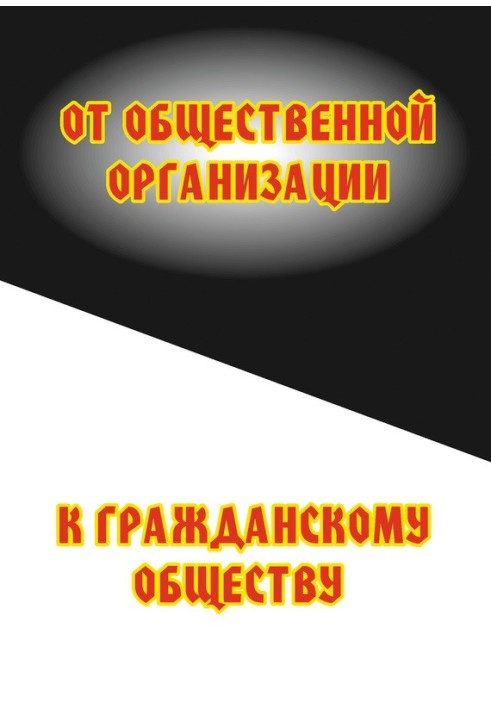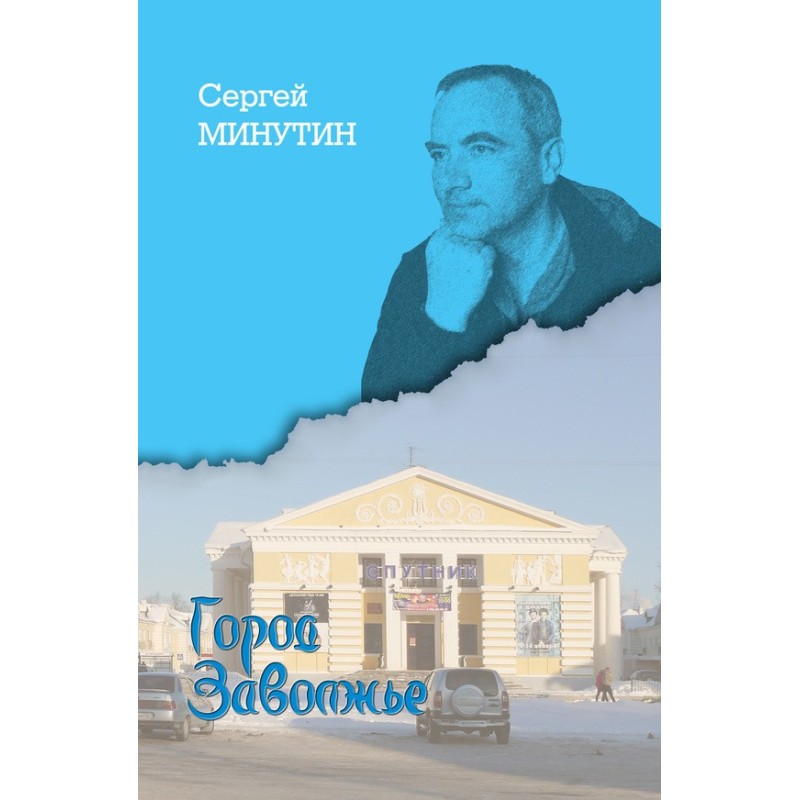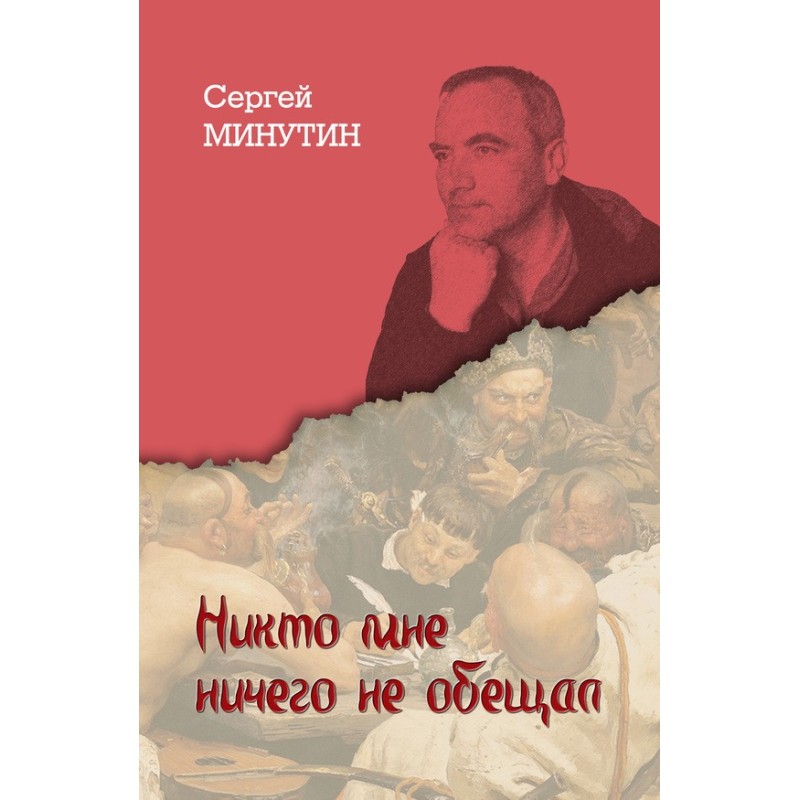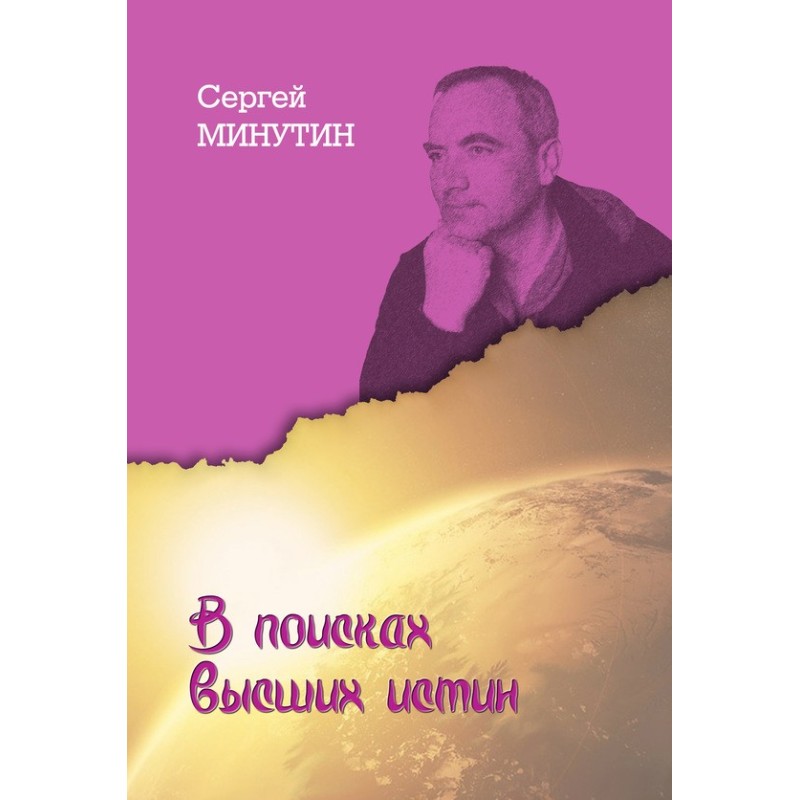From public organization to civil society
 Instant download
Instant download
after payment (24/7)
 Wide range of formats
Wide range of formats
(for all gadgets)
 Full book
Full book
(including for Apple and Android)
For Russians, politics as a plurality of governance is akin to a catastrophe or, as Saltykov-Shchedrin noted, “God’s permission.” Russian people absolutely do not tolerate the “Seven Boyars” and feel relatively calm only if there is one politician or leader at the head of their entire society. The problem is that the world is a small place, resources are limited, and the struggle for them is only intensifying. Therefore, approaches to politics can be different. Writer Drew Middleton, for example, wrote about the British this way: “The British are by their very essence a political nation... They view politics and government as serious, worthy, and most importantly, interesting. For many Britons, the technology of politics and government in Nigeria, or Louisiana, or Iceland is as fascinating as a new fighter jet is to an aviation enthusiast. They have been familiar with this whole business for a long time, and yet it remains surprisingly interesting for them.” This book is about how the Russian emigration after 1917 was forced, through the creation of public organizations, to engage in politics abroad, as “the cancer whistled on the mountain.” and “the roasted rooster pecked.” It is noteworthy that these public organizations of Russian emigration served as the basis for the creation of the entire world community.
Data sheet
- Name of the Author
- Сергей Минутин Анатольевич
- Language
- Russian
Reviews
Глибокий аналіз політичних реалій
Книга "Від громадської організації до громадянського суспільства" є надзвичайно важливим внеском у розуміння політичних процесів, які відбуваються в сучасному світі, зокрема в Росії. Автор глибоко досліджує концепцію управління та політичної влади, порівнюючи російський підхід до політики з іншими культурами, такими як британська. Цікаво, як він підкреслює, що російська людина часто прагне до єдиного лідера, тоді як інші нації сприймають політику як захоплююче заняття. Книга викликає багато роздумів про те, як історичні та культурні фактори формують політичні системи та суспільства. Особливо вражає, як автор пов'язує громадські організації російської еміграції з глобальним співтовариством, що свідчить про їхню значущість у світовій політичній арені. Це видання стане корисним для всіх, хто цікавиться політичною наукою, соціологією та історією, а також для тих, хто прагне зрозуміти складні механізми управління в сучасному світі.

















